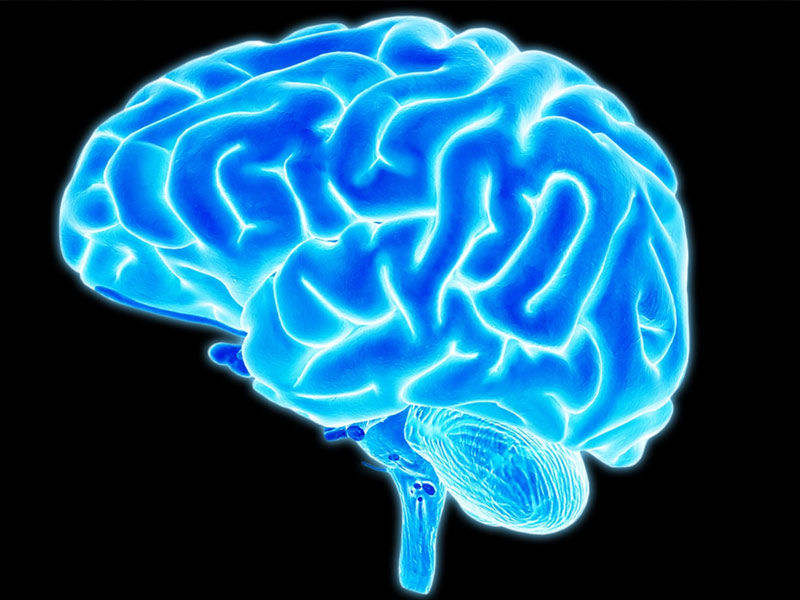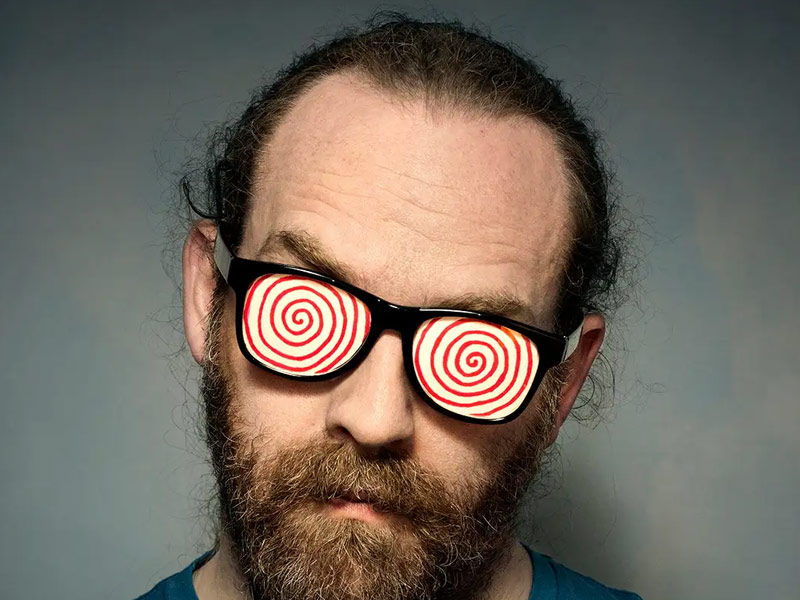What precisely is hypnosis?
Hypnosis is a treatment that can help you cope with and treat a variety of conditions.
A certified hypnotist or hypnotherapist guides you into a deep state of relaxation to accomplish this (sometimes described as a trance-like state). They can make suggestions to help you become more open to change or therapeutic improvement while you’re in this state.
Trance-like experiences are not uncommon. You’ve been in a similar trance-like state if you’ve ever zoned out while watching a movie or daydreaming.
Your therapist will make guided suggestions to help you achieve your therapeutic goals while you are in this trance-like state.
Because you’re in a heightened state of focus, you may be more open to proposals or advice that you would normally ignore or dismiss.

When the session is finished, your therapist will either wake you up or you will exit on your own.
It’s unclear why this intense level of inner concentration and focused attention has such a powerful impact.
Your therapist will make guided suggestions to help you achieve your therapeutic goals while you are in this trance-like state.
Because you’re in a heightened state of focus, you may be more open to proposals or advice that you would normally ignore or dismiss.

When the session is finished, your therapist will either wake you up or you will exit on your own.
It’s unclear why this intense level of inner concentration and focused attention has such a powerful impact.
What happens to the brain while under hypnosis?
Harvard researchers examined the brains of 57 people while they were under guided hypnosis. They discovered:

During hypnosis, two areas of the brain that are responsible for processing and controlling what is going on in your body become more active.
Similarly, during hypnosis, the area of your brain that is responsible for your actions and the area that is aware of those actions appear to be disconnected.
Is this all a placebo effect?
It is possible, but hypnosis causes significant differences in brain activity. This suggests that the brain responds to hypnosis in a distinct manner, one that is stronger than a placebo effect.

The placebo effect, like hypnosis, is driven by suggestion. Guided conversations or any type of behavioral therapy can have a significant impact on behavior and feelings. One of these therapy tools is hypnosis.
Also, Read: Japan’s Elderly Reveal 6 Secrets To Long Life
Are there any risks or side effects?
Hypnosis rarely has any negative side effects or risks. It can be a safe alternative therapy option if performed by a trained hypnotist or hypnotherapist.

Some people may experience the following mild-to-moderate side effects:
- headache \sdrowsiness
- dizziness
- Anxiety in the context

However, using hypnosis for memory retrieval is a contentious practice. Anxiety, distress, and other side effects are more likely in people who use hypnosis in this manner. You may also be more prone to fabricating false memories.
Is the practice advised by doctors?
Some doctors are skeptical that hypnosis can be used to treat mental illness or physical pain. Although research to support the use of hypnosis is growing, not all doctors are on board.

Many medical schools do not train doctors to use hypnosis, and not all mental health practitioners are trained during their school years.
As a result, there is a lot of confusion about this possible therapy among healthcare professionals.
What is the purpose of hypnosis?
Hypnosis is promoted as a treatment for a wide range of conditions and issues. Some research supports the use of hypnosis for some, but not all, of the conditions for which it is used.

Trusted Source research demonstrates strong evidence for the use of hypnosis to treat:

Evidence is scarce. According to a reliable source, hypnosis could be used to treat Reliable Source:
Anxiety, depression, smoking cessation, post-surgical wound healing, and weight loss
More research is required to confirm the effectiveness of hypnosis in the treatment of these and other conditions.
What takes place during a session?
You may not be hypnotized during your first appointment with a hypnotist or hypnotherapist. Instead, the two of you could discuss your goals and the process they can use to assist you.
Your therapist will assist you in relaxing in a comfortable setting during a hypnosis session. They will explain the procedure and go over your session objectives. They will then use repeated verbal cues to guide you into a trance-like state.

Once you’re in a receptive trance-like state, your therapist will suggest you work toward specific goals, assist you in visualizing your future, and guide you toward making healthier choices.
Following that, your therapist will bring you out of your trance-like state and return you to full consciousness.
Is one session sufficient?

Although one session can be beneficial for some people, most therapists recommend starting with four to five sessions. Following that, you can decide how many more sessions are required. You can also discuss whether any maintenance sessions are required.
What you should know before attempting hypnotherapy?
The use of hypnotherapy to treat anxiety is considered very safe as long as you see a licensed mental health professional who has extensive training in hypnosis.

When selecting a hypnotist, the first thing to consider is the practitioner’s credentials. Look for a hypnotherapist who is also a licensed mental health care professional, such as a psychologist, psychotherapist, psychiatric nurse practitioner, counselor, social worker, or medical doctor.
A comprehensive treatment plan should include a variety of modalities (approaches), and hypnotherapy is just one of many clinically effective tools for treating anxiety.
























